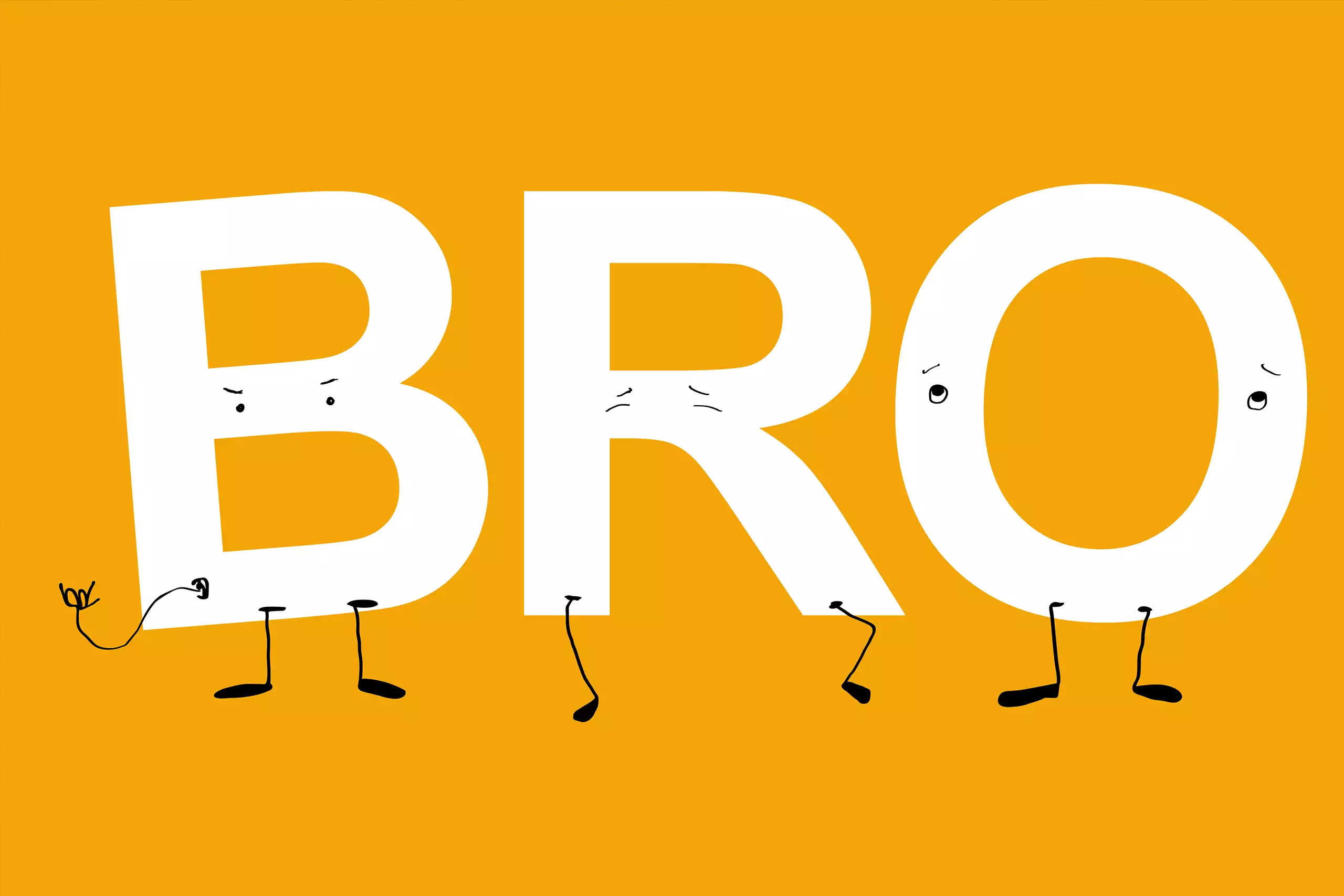Ever found yourself scrolling through texts or social media, spotting an abbreviation like "lwk," and feeling a bit out of the loop? You're certainly not alone, you know. It's almost as if language, especially online, changes faster than we can keep up, isn't that right? Understanding these quick, often subtle, ways people communicate can really help you connect better with others and grasp the true feeling behind their messages. So, if you've been wondering what "lwk" truly signifies in a conversation, you've come to the right spot, honestly.
In the fast-paced world of digital chats, every character counts, and that's precisely why abbreviations like "lwk" have become so popular, basically. They offer a quick way to convey complex ideas or feelings without typing out long sentences. This particular term, "lwk," is rather interesting because, as a matter of fact, it carries a couple of distinct meanings, and its exact sense often depends entirely on the situation where it's used. We'll explore both of these common interpretations, giving you a clearer picture of how people use this versatile bit of slang in their everyday talks, too.
By the end of this piece, you'll not only know what "lwk" stands for but also how to pick up on the subtle clues that tell you which meaning is intended, pretty much. This insight can help you respond more appropriately and feel more confident in your online interactions. It's about more than just knowing a word; it's about understanding a piece of how we talk now, you see. Let's get into the specifics of "lwk" and clear up any confusion, alright?
Table of Contents
- Understanding "LWK": The Two Primary Interpretations
- Deciphering the Context: How to Know Which "LWK" is Which
- Why Slang Like "LWK" Matters in Communication
- Frequently Asked Questions About LWK
Understanding "LWK": The Two Primary Interpretations
When you see "lwk" pop up in a message, it's rather important to realize that it typically represents one of two different phrases, you know. Both are quite common in digital communication, and each one adds its own flavor to a conversation. The exact meaning usually becomes clear once you consider the surrounding words and the overall vibe of the chat, which is often the case with slang, isn't it?
The first and arguably more widespread meaning for "lwk" is "lowkey." This particular usage expresses something that's a bit subtle, perhaps slightly hidden, or not meant to attract a lot of attention, you see. People use it to talk about feelings they don't want to shout about, quiet preferences they hold, or just generally things that are done without much fuss. It's a way of saying that something is done quietly, secretly, or with less intensity than you might expect, honestly. This interpretation emphasizes a relaxed tone or an understated approach to something, which is quite useful for casual talks, isn't it?
The second meaning for "lwk" is "laughing with knowledge." This acronym, while perhaps less common than "lowkey," still appears quite a bit and typically indicates that the sender finds something amusing, but there's also a deeper understanding or insight involved. It suggests that the laughter comes from a place of shared background or a specific piece of information that only certain people would grasp, in a way. So, it's not just a simple laugh; it's a laugh that carries an extra layer of meaning, you know, a sort of knowing chuckle, which is really quite expressive.
LWK as "Lowkey": Subtlety and Understatement
When "lwk" stands for "lowkey," it's often used to describe someone or something as subtle, you know, not drawing too much attention. It's also frequently employed as a slang term to convey a sense of understatement or a relaxed tone, which is pretty common in casual conversation, isn't it? For example, someone might say they are "lwk tired," meaning they are tired but not dramatically so, just a quiet kind of weariness, you see.
This version of "lwk" is basically a shortened slang acronym for "lowkey," signifying subtle enthusiasm or perhaps a deliberate understatement, you know. It's an abbreviation people use when they want to appear casual or nonchalant about something that might actually be a bigger deal to them, which is a rather interesting way to communicate, isn't it? It helps manage expectations or just keeps things from seeming too intense, honestly.
Think about it like this: if someone says, "I'm lwk excited about the concert," they're probably very excited, but they're playing it cool, more or less. They don't want to seem over-the-top, or perhaps they're just expressing their excitement in a more understated, casual manner, which is a common communication style these days, you know. It’s a phrase that conveys subtlety, understatement, or a relaxed tone, making it quite versatile for various situations, apparently.
People use it when they want to say something without making a huge declaration, just a quiet acknowledgment, you know. It’s a way of saying that something is done quietly, secretly, or with less intensity, which is often preferred in many social contexts, isn't it? For instance, you might "lwk want pizza," meaning you have a craving, but you're not demanding it, just gently putting it out there, more or less.
LWK as "Laughing With Knowledge": Amusement with Insight
The other primary meaning of "lwk" is "laughing with knowledge," and this one adds a layer of shared understanding to the amusement, you know. It’s not just a simple laugh; it’s a laugh that comes from having a particular insight or a piece of information that others might not possess, which makes it quite specific, doesn't it? This acronym typically indicates that the sender finds something amusing, but there is also an understanding or deeper meaning that goes along with it, you see.
Imagine a situation where you and a friend share an inside joke, something only the two of you would really get. If one of you texts "lwk" after a comment, it means they're not just laughing; they're laughing because they *know* something specific that makes the comment even funnier, more or less. It’s a way of acknowledging the humor while also signaling that there’s a shared context that amplifies the amusement, which is pretty neat, honestly.
This usage highlights a connection between the people communicating, a sort of knowing nod through text, you know. It implies a deeper level of engagement with the content or the situation being discussed, where the humor is rooted in a particular piece of information or a shared experience, which makes the interaction richer, doesn't it? So, when you see "lwk" in this context, it's a signal that the laughter is intelligent, rather than just a simple reaction, you see.
It’s an acronym that suggests the sender is amused, but that amusement is informed by some special insight or background information, which sets it apart from a simple "lol" or "haha," you know. This is particularly useful in conversations where subtle hints or shared histories are part of the communication, allowing for a more nuanced expression of humor, which is quite clever, honestly.
Deciphering the Context: How to Know Which "LWK" is Which
The context can make the meaning vary, but for the most part, it’s employed to convey one of these two interpretations, you know. Figuring out which "lwk" is being used really comes down to paying close attention to the rest of the message and the nature of your conversation, which is typical for understanding slang, isn't it? It’s almost like being a detective, looking for clues in the words around the abbreviation, you see.
If the message talks about something subtle, something done quietly, or a feeling that isn't openly expressed, then "lwk" most likely means "lowkey," you know. For instance, if someone texts, "I'm lwk thinking about getting a new cat," they're probably expressing a quiet desire, not a firm decision, just a little thought that's brewing, more or less. The casualness of the statement often points to the "lowkey" meaning, which is pretty clear, isn't it?
On the other hand, if the conversation involves an inside joke, a shared secret, or a reference that only a select few would understand, then "lwk" probably stands for "laughing with knowledge," you know. If someone sends a meme that only you and they would find hilarious due to a specific past event, and they add "lwk," they're basically saying, "I'm laughing because I get this on a deeper level," which is quite insightful, honestly.
The tone of the conversation is also a big clue, you see. A relaxed, understated tone often accompanies "lowkey," while a more knowing, perhaps slightly mischievous tone might go with "laughing with knowledge," you know. It's about reading between the lines a bit, which is a skill we develop as we communicate more online, isn't it? So, always consider the overall vibe of the chat, as it helps immensely, apparently.
Ultimately, understanding which "lwk" is in play relies on your familiarity with the sender and the ongoing topic, you know. If you're unsure, you could always ask for clarification, but often, the flow of the conversation makes it quite apparent, which is rather convenient, isn't it? Just like with any slang, the more you see it in different contexts, the easier it becomes to instinctively know its meaning, more or less.
Why Slang Like "LWK" Matters in Communication
Understanding slang like "lwk" is pretty important in today's digital communication because it allows for more nuanced and efficient exchanges, you know. These abbreviations aren't just shortcuts; they're often cultural markers that reflect how people truly feel and interact in informal settings, which is quite fascinating, isn't it? They add a layer of authenticity to conversations, making them feel more natural and less formal, you see.
Using and understanding these terms can help you connect more genuinely with others, especially in casual online spaces, you know. It shows that you're in tune with current communication trends and can adapt your style to fit the context, which is a valuable social skill, honestly. It’s almost like speaking a shared dialect that fosters a sense of belonging among those who understand it, isn't it?
Moreover, slang like "lwk" often conveys emotions or intentions that might take many more words to express in formal language, you know. The brevity allows for quick, responsive communication, which is essential in fast-paced messaging environments, isn't it? It means you can get your point across quickly and subtly, saving time and keeping the conversation flowing smoothly, which is very practical, you see.
These terms also contribute to the evolving nature of language, which is a continuous process, you know. They show how language adapts to new technologies and social needs, creating new ways for people to express themselves creatively, which is quite dynamic, isn't it? So, staying updated on such terms isn't just about knowing what they mean; it's about appreciating the living, breathing aspect of language itself, more or less.
So, the next time you see "lwk," you'll have a much better idea of what the sender means, whether they're being subtly expressive or sharing a knowing chuckle, you know. This little bit of knowledge can truly make a difference in how you interpret and participate in your online conversations, which is pretty empowering, honestly. It helps bridge those small communication gaps that can sometimes arise in digital chats, you see.
To learn more about how language changes over time, you might find it interesting to look up resources on linguistic evolution, perhaps a university linguistics page, for instance. Get a quick, free translation of various terms by checking out reputable online dictionaries that keep up with modern usage. Learn more about modern communication on our site, and link to this page for more insights into online slang.
Frequently Asked Questions About LWK
Is "lwk" always informal?
Yes, "lwk" is pretty much always informal, you know. It's a piece of slang primarily used in casual text messages, social media posts, and informal online conversations, which is where abbreviations thrive, isn't it? You wouldn't typically see it in formal writing, like academic papers or business emails, because it just doesn't fit that setting, you see.
Can "lwk" be used in spoken conversation?
While "lwk" originates from text, people sometimes say "lowkey" out loud in spoken conversation, you know. They might even pronounce the letters "L-W-K" if they're trying to be playful or ironic, but it's less common than just saying "lowkey" as a full word, which is pretty interesting, isn't it? The acronym itself is mostly a written thing, honestly.
How is "lwk" different from "lol"?
"Lwk" is quite different from "lol," you see. "Lol" simply means "laughing out loud" and just expresses amusement, a simple reaction, you know. "Lwk," on the other hand, either implies subtlety and understatement ("lowkey") or a laugh that comes with a deeper understanding or shared knowledge ("laughing with knowledge"), which adds much more nuance, doesn't it? So, while "lol" is just about laughter, "lwk" can be about a quiet feeling or a knowing chuckle, more or less.



Detail Author:
- Name : Cleta Flatley II
- Username : xcassin
- Email : wbogisich@hotmail.com
- Birthdate : 1980-10-01
- Address : 4527 Dach Island Apt. 102 Gleichnermouth, CT 31466
- Phone : +1-628-712-7674
- Company : Hoeger Group
- Job : Respiratory Therapist
- Bio : Voluptatem nemo perspiciatis voluptatem tempore et est quaerat. Incidunt aut atque ullam praesentium aut.
Socials
instagram:
- url : https://instagram.com/willa.gutkowski
- username : willa.gutkowski
- bio : In voluptatem suscipit ut sequi. Laborum eos rerum qui sunt.
- followers : 6954
- following : 2943
tiktok:
- url : https://tiktok.com/@willagutkowski
- username : willagutkowski
- bio : Est et molestias aut totam at. Enim voluptatem sunt sit consequatur.
- followers : 883
- following : 1456
linkedin:
- url : https://linkedin.com/in/willagutkowski
- username : willagutkowski
- bio : Odit quia voluptatem soluta quia aut magni vel.
- followers : 5997
- following : 1496

